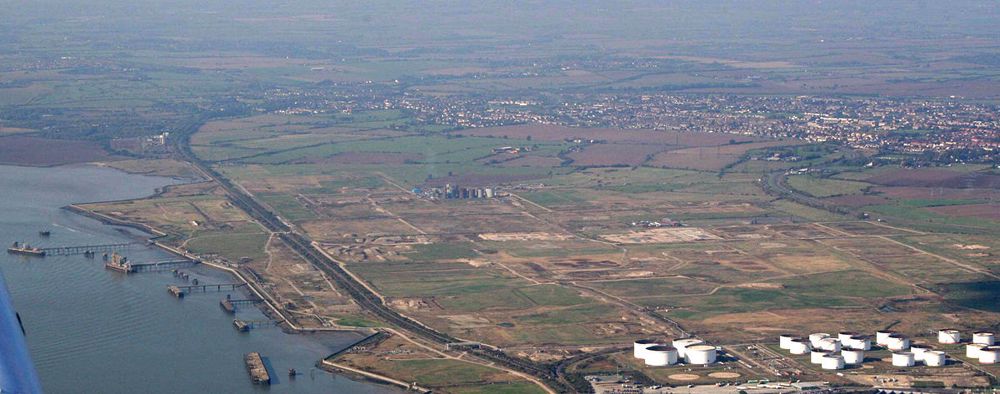Jim the process operator
We regularly look to prominent engineers, scientists, teachers or business superiors when we think of people or events which have made a significant impact on the shaping and direction of our careers. Looking back on a long career in the oil and gas industry, I can identify quite a number of such people and am pleased to say that some of them have remained colleagues and indeed, friends, over the years. To select one of these people, to whom I owe profound debts of gratitude, seemed to me invidious and not totally satisfactory. So whilst reflecting on this, a learning experience in humility which has remained prominently with me over the years, kept popping up and therefore I thought worth sharing.
In the first 2 years of my career with Shell, I was the operations technologist (process engineer) in the Hydroprocesses department at Shell Haven Refinery in Essex, and one of the critical plants for the refinery was the kerosine hydrotreater, which as the name suggests, catalytically hydrotreated the kerosine fractions to remove sulphur and other contaminants and then dried the kerosine in a mild vacuum column. The majority of the finished product was destined as Avtur (aviation fuel) and besides the tight physical specification, it also had to fulfil the silver strip test (anti corrosive specification for the silver components in the aeroplane engines). Now this was a strict qualitative test assessed by visual inspection of the effect of the product on a strip of silver and often caused downgrading of the product, which was a major issue as the refinery was one of the principal suppliers of fuel to Heathrow Airport.
So one extremely cold winter’s day as I arrived at the refinery, I learned that our product was off grade. Irritated by yet another downgrade, I set off with the design and operating manuals to sort this out once and for all. Knowing it was a feature of the mild vacuum drying column, which was served by a 3 stage stream ejector system, I climbed to the top of the column with the unit operator and set about carrying out a series of tests. During the morning we made some progress on improving the vacuum, I collected data, making notes and graphically recording results but by shift change at 2 pm we were still not on grade. I asked who was the oncoming operator and learned it was “Jim” (not his real name). As was the norm in those days, operators were generally recruited without any form of tertiary education and did not require to have certification and Jim was of that cohort: he was a charming fellow, steady but not the operator I would have chosen to assist me in resolving the problem, and my spirits sank along with the temperature. He greeted me, suggested that I should go to the control room for a warm cup of tea, whilst he sorted things out. I watched in dismay as he then proceeded to pull on the chain operated ejector valves and all my settings were lost, so I went for my cup of tea and when I returned to the panel stood incredulous as the vacuum improved, a new sample was taken and urgently sent to the lab where a little while later it was pronounced on grade.
So what was my learning and why has it stayed with me all these years? Well, be thankful for rigorous tertiary education and apply it diligently, but be humble in the face of the experience of others.

This story has been contributed by Past President Andrew Jamieson